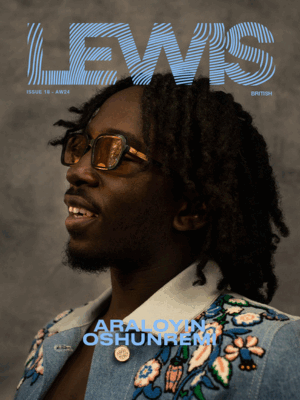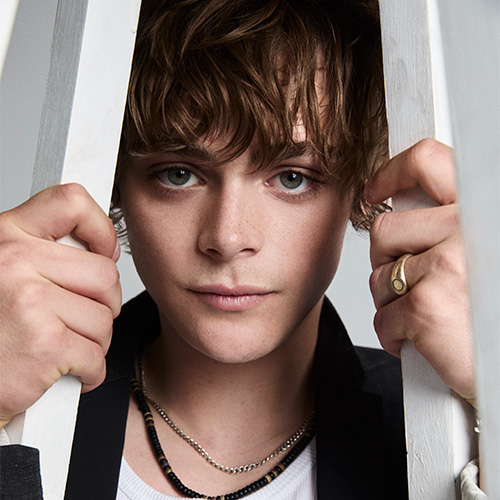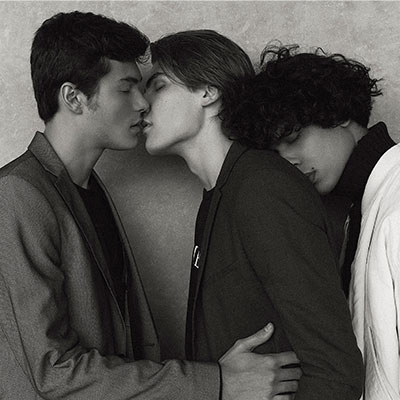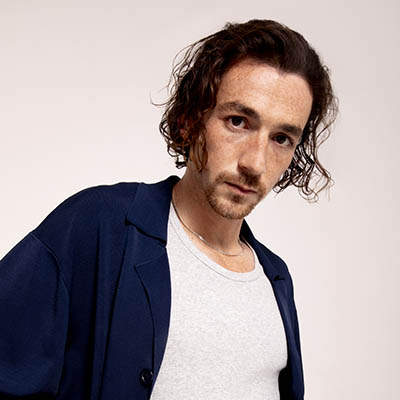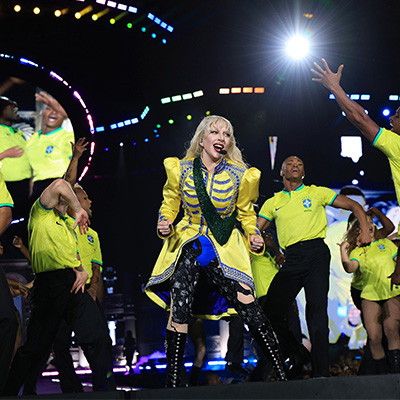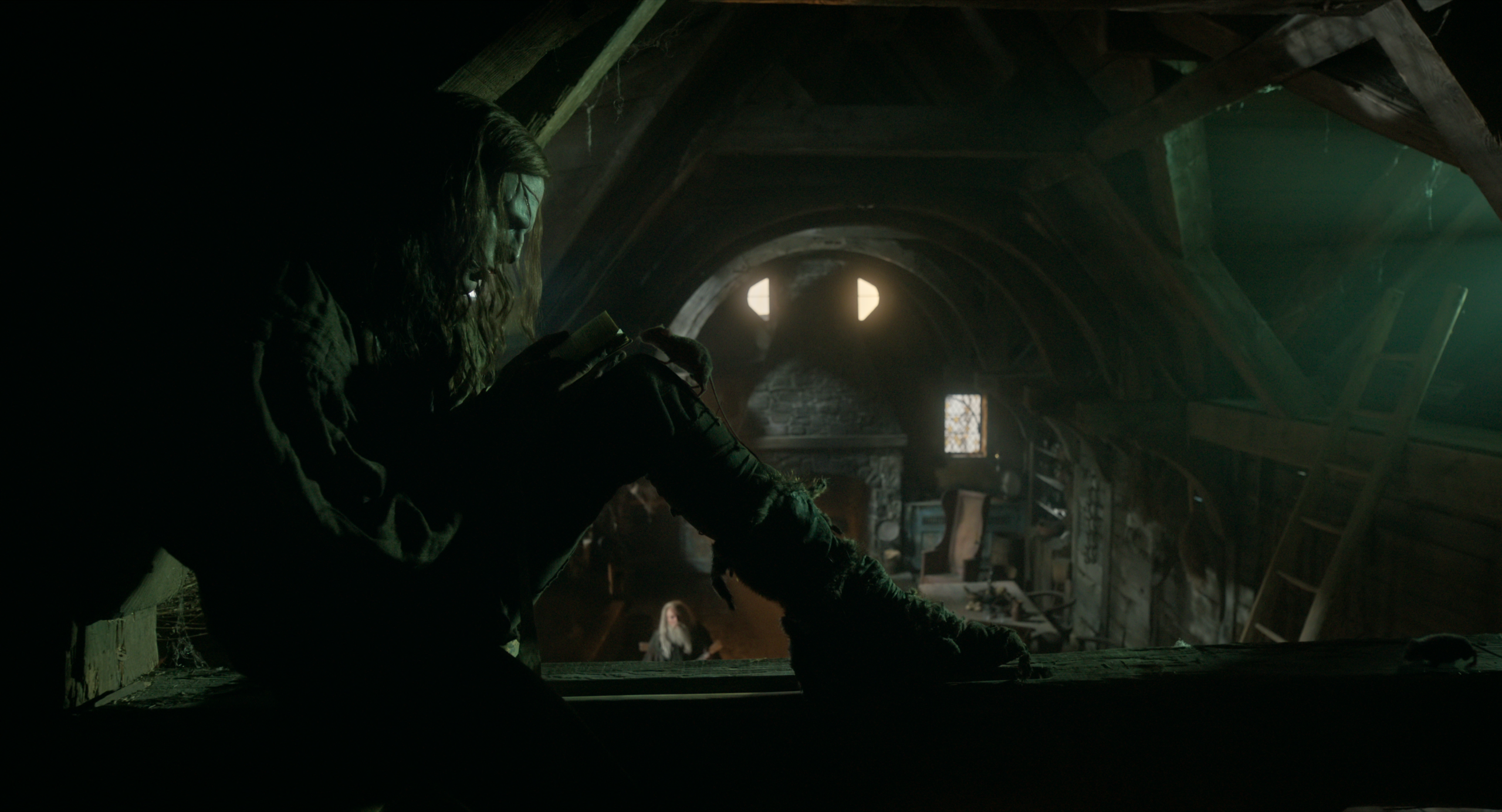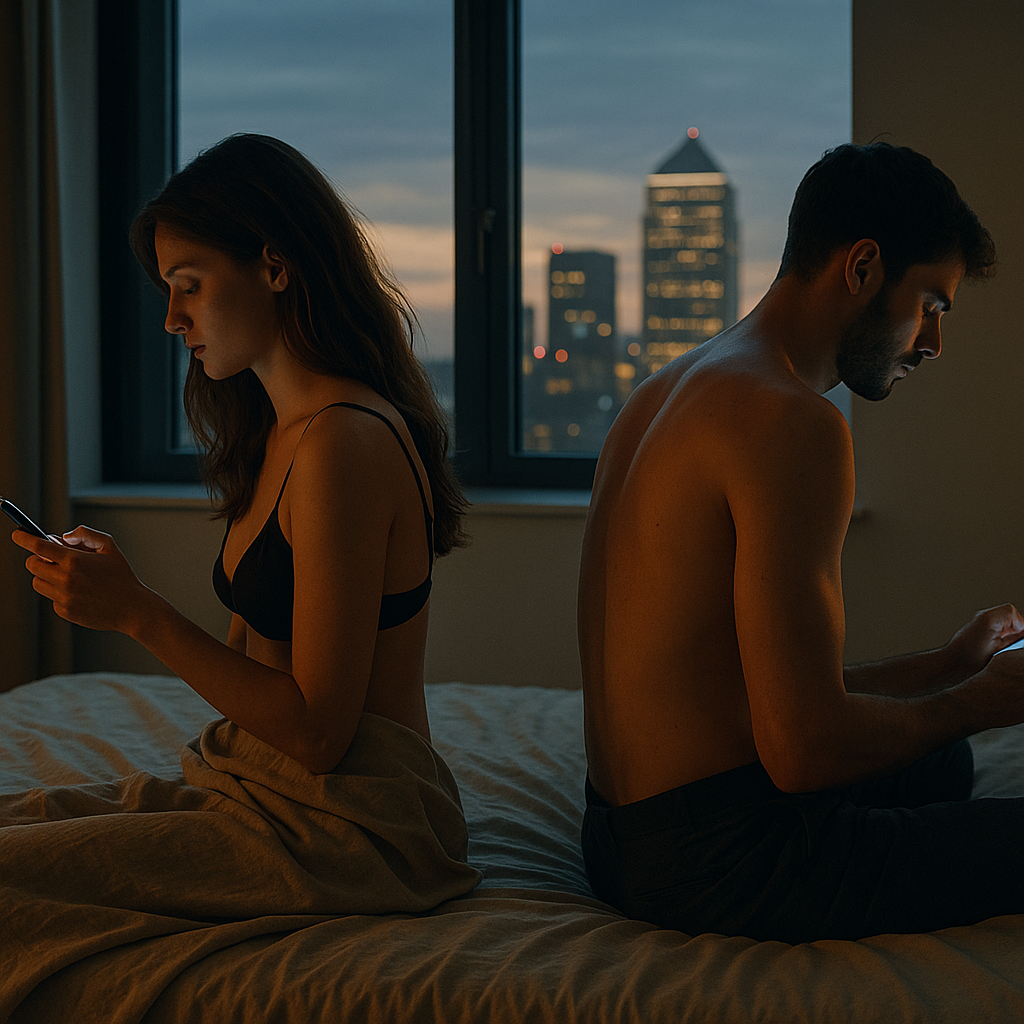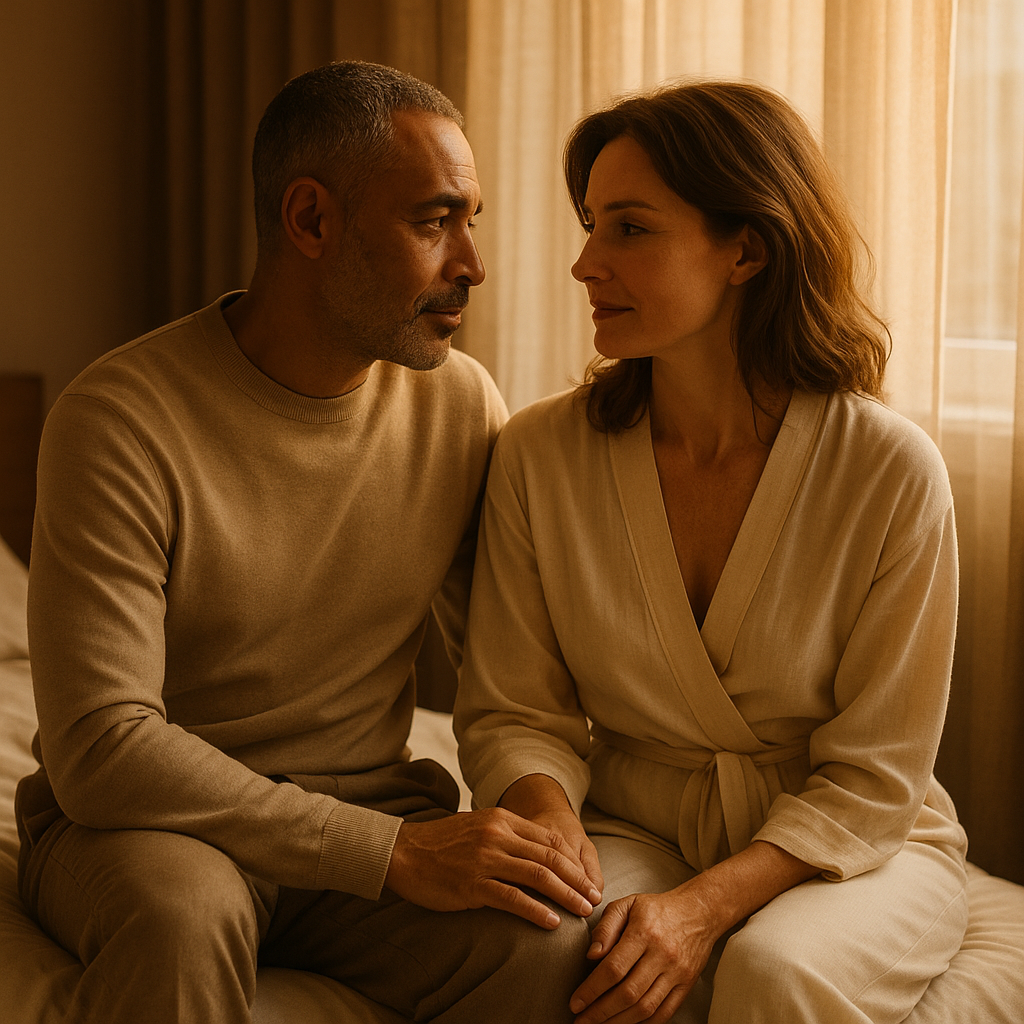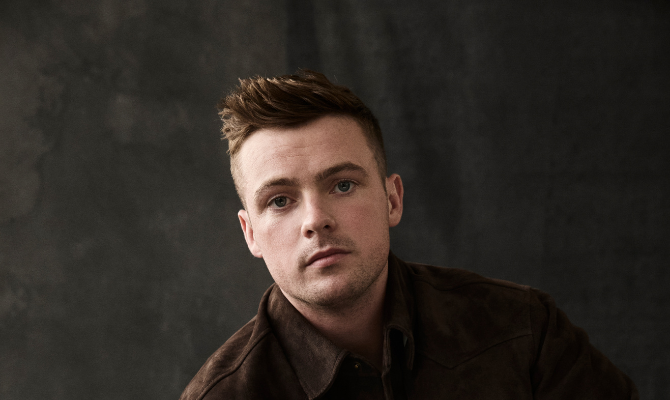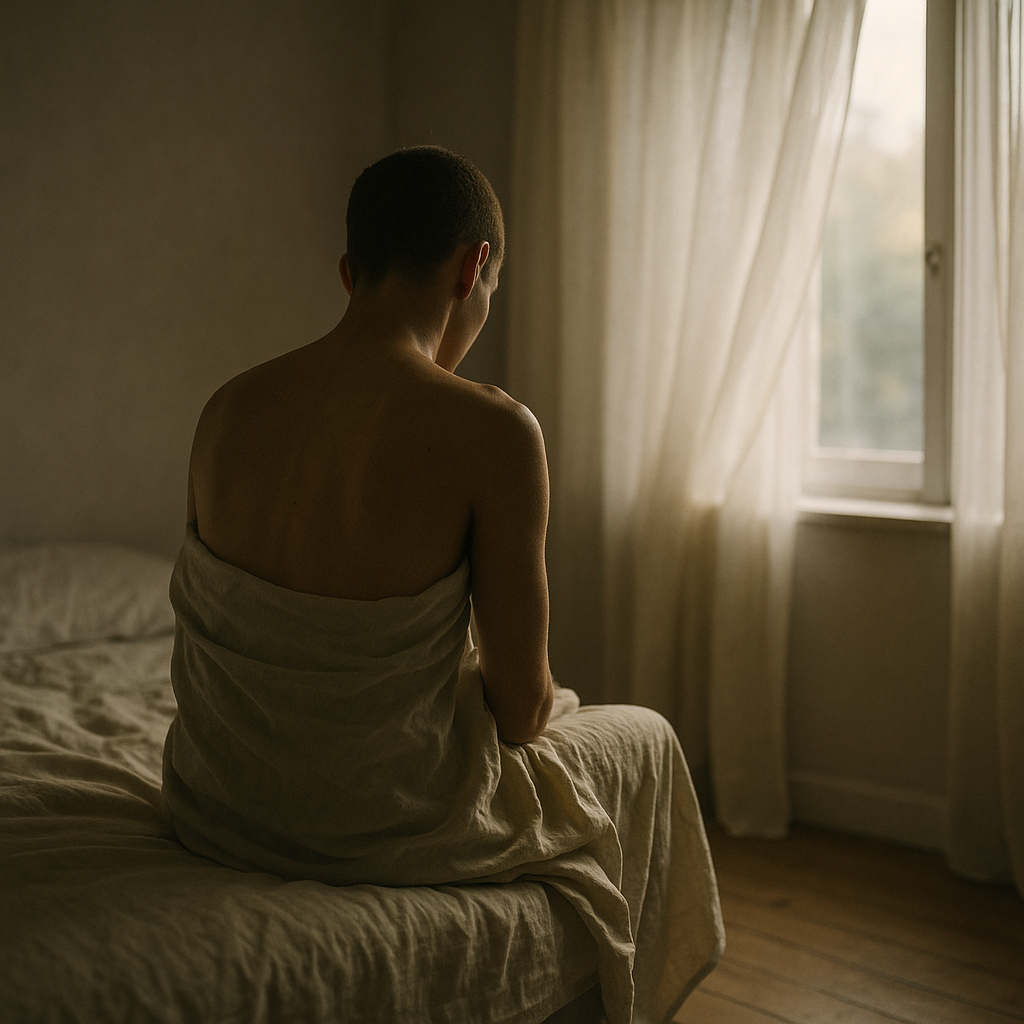In Just Act Normal, BBC’s raw and refreshingly honest new comedy-drama, actor Sam Buchanan steps into the chaos as Doctor Feelgood, a character as troubled as he is unforgettable. From grappling with emotional depth to mastering the fine line between comedy and heartache, Buchanan delivers a performance rooted in truth. Speaking with us, he opens up about working with writer Janice Okoh, filming in Birmingham, and honouring the legacy of the original play Three Birds. In his own words, it’s a story about struggle, resilience, and ultimately, the beauty of just trying to “act normal.”
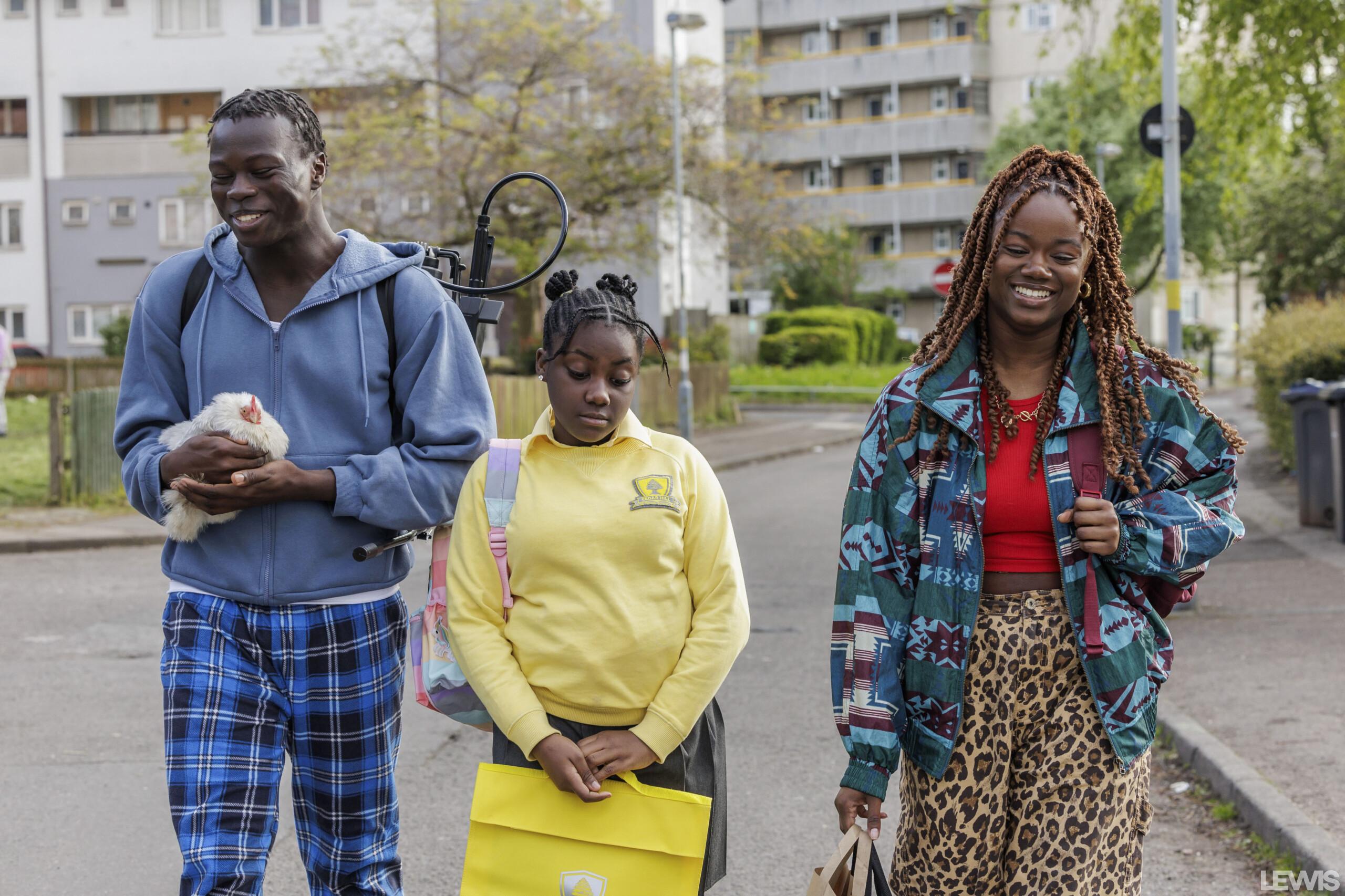
Interview / Sofia Deus
SD – Doctor Feelgood is a card is a chaotic yet unexpectedly enduring presence in Just Act Normal. What was your first impression of him on the page and how did that evolve as you stepped into the role?
SB – As you said it yourself, he has many personal issues and struggles, making him a deeply 3-dimensional figure. Janice wrote him with a lot of emotional depth. Although he is initially portrayed in a certain way, as the series progresses, he evolves significantly. This complexity makes him a joy to play. His struggles are central to the comedy, as he doesn’t find them funny at all but is in a real pickle. My goal was to portray this truthfully and authentically while sticking to the story, which takes us on a journey with Doctor Feelgood. I look forward to people seeing it.
SD – Fantastic. Thank you. There’s a tension in Dr Feelgood between comic relief and unexpected heart. How did you find the balance between playing him as funny, but not farcical—and allowing the emotional depth to land?
SB – Absolutely like I was saying, you know, no character in situational comedy, thinks they’re being funny. They’re just living in that struggle. And we as the audience find it funny. So, for me, there’s no whether you’re playing drama or whether you’re playing comedy you approached it from the same angle, which is the truth in the moment, and with Janice’s brilliant writing the setting and the characters that make that either funny or heartbreaking for the audience to watch. So, from actor point of view, I approach this beautifully written comedy and drama from the same angle.
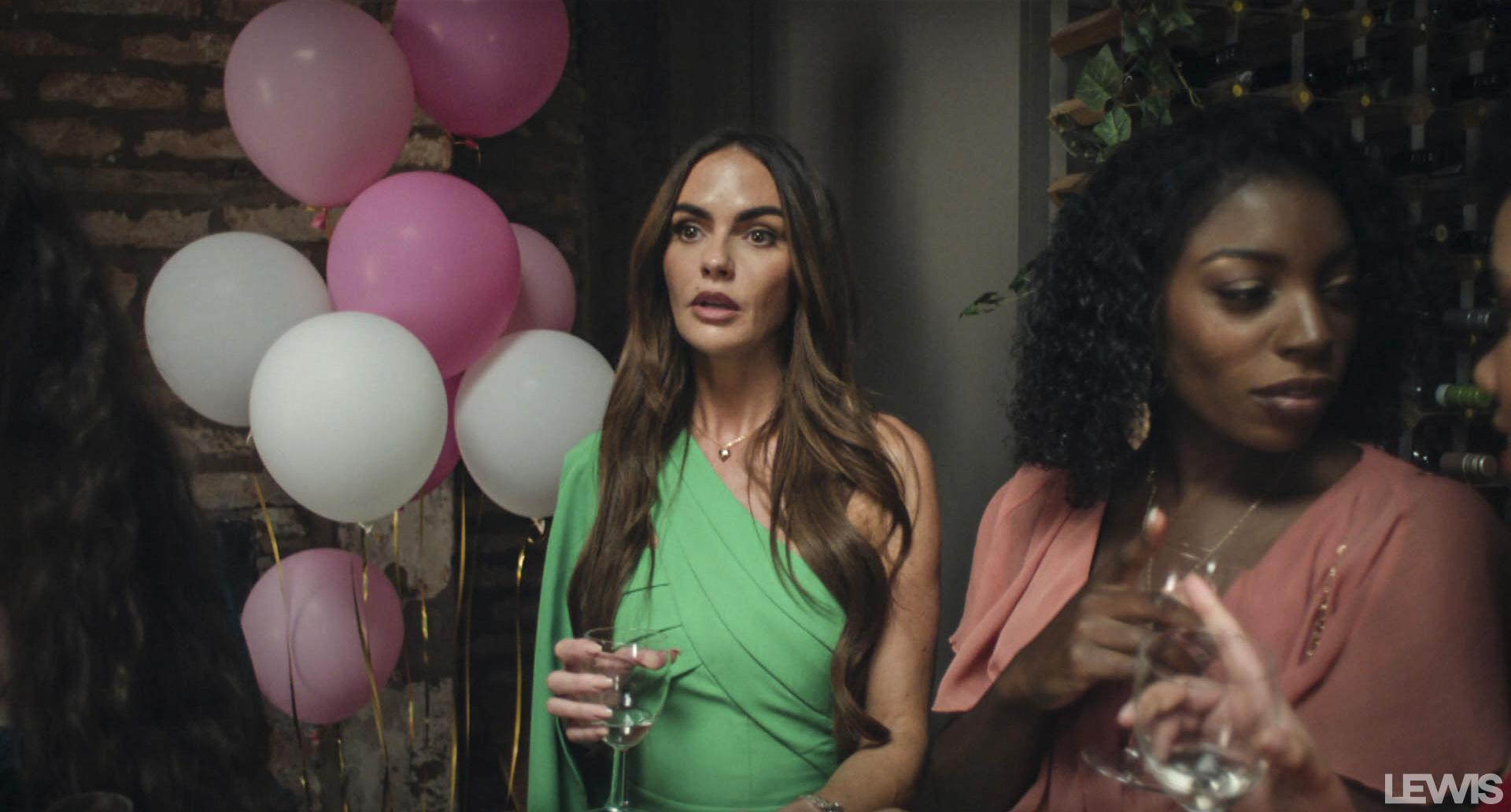
SD – OK, thank you. This series is steeped in the rhythms, textures and truths of Black British working-class life. How did filming in Birmingham and being immersed in that environment inform your performance?
SB – Certainly. There was very little left to the imagination. During our time in Birmingham, we filmed on an estate, which felt quite honouring to be right in the heart of the city. Although I am not native to Birmingham—originally from Kent and currently living in London—I was one of the few cast members who were not originally from that area. For me, it was both a privilege and a source of pressure to immerse myself in the local accent and interact with the welcoming people. This experience was invaluable as it provided authenticity and depth to our work by being surrounded by people who live and sound like that.
SD – Just Act Normal leans into the beauty and chaos of adolescence and survival. What did you learn from working so closely with such a talented cast of newcomers?
SB – Oh yes, Chenée, Akins and Kaydrah were brilliant. They handled Janice’s complex script very well, which is challenging for young actors given the emotional range needed, from comedic to dramatic beats. From the first read-through, we had great chemistry, which was important to our close-knit characters. This trust allowed us to be vulnerable on set, resulting in impressive work. I’m excited for them as this marks their entry into the industry, and I can’t wait for people to see their performances.
SD – Janice Okoh’s writing is bold, funny, and full of love. What was it like working with a script that walks the tightrope between trauma and joy so naturally?
SB – It is an immense pleasure as an actor to get a script like this in your lap. Scripts like this are rare. Janice, the writer, originally presented the show as a play titled “Three Birds” at the Bush Theatre, which won the Bruntwood Prize some time ago. The play was exceptionally well received, and I believe that transitioning from stage to television is significant because it shows that the characters have already proven themselves in the demanding medium of theatre. She has built upon this foundation admirably.
The writing immediately stood out to me; it was one of those scripts where I could envision each scene vividly without much effort. The lines were straightforward to memorize because the thoughts were linear. Good writing always makes it easier to understand the character, making it clear what they would do in any given moment. Such synergy between the writer and actors was flawless. Janice’s writing was exceptional, and it was both a pleasure and a privilege for me to work on this project.
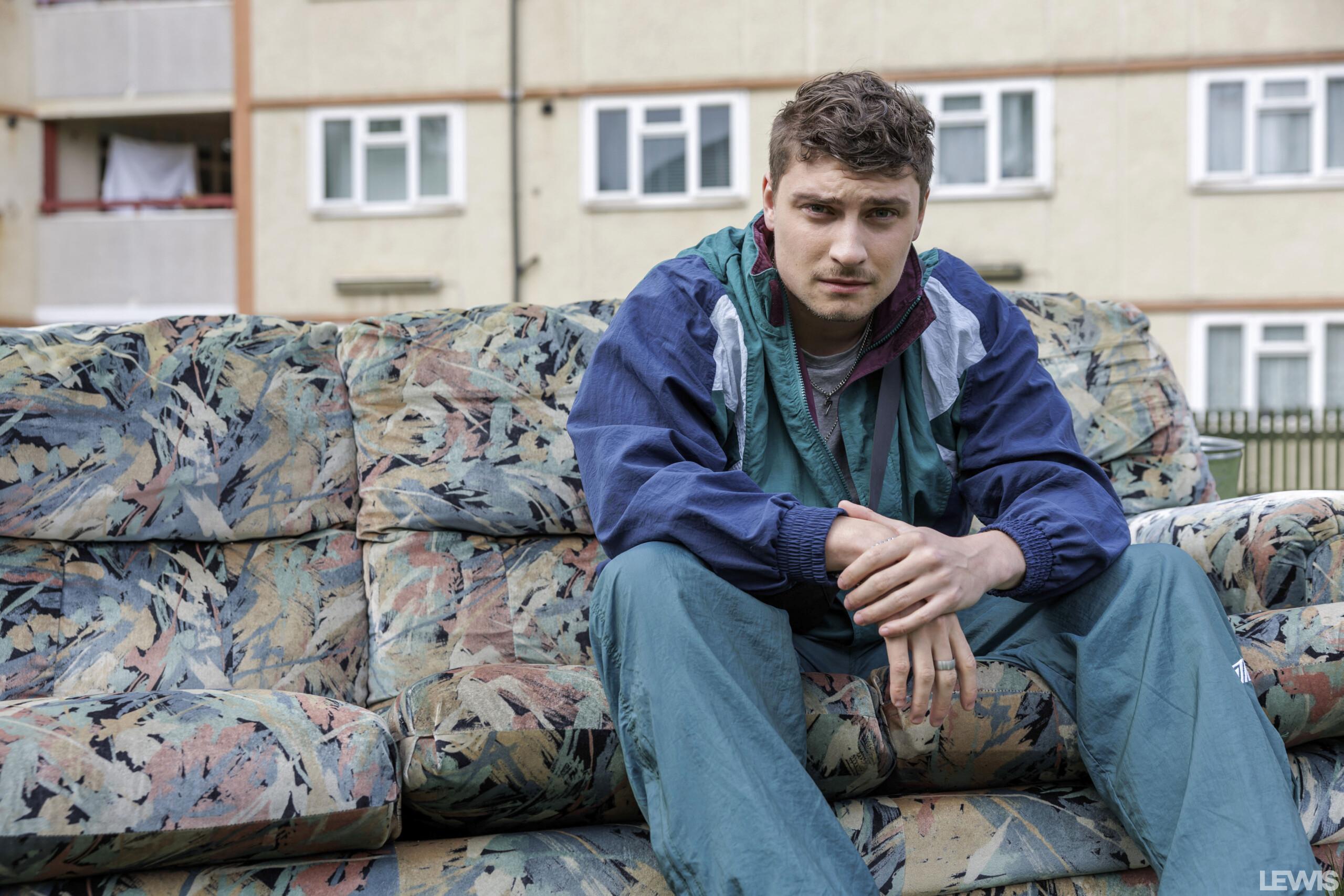
SD – From Back to Black to The Power, your characters often exist on the edge of systems—whether criminal, emotional, or supernatural. What draws you to roles like these, and what did Dr Feelgood add to that mix?
SB – What I loved about “Feelgood” was being central to the mix. Unlike some of my supporting roles, I worked closely with the three brilliant kids “I call them kids! You know, young actors” as a team with a common goal. It was great to be deeply involved with them in this project.
SD – The original play Three Birds has an incredible legacy, having launched careers like Michaela Coel’s. Did you feel a sense of responsibility stepping into a world that’s already meant so much to British theatre?
Yes, absolutely. It’s a tricky one. Whenever you come onto something that’s already had a life in a sense beforehand because you want to respect the original material, but also you need to bring your own thing to it. So, I was very aware of the play. It was on a little bit before my time professionally, but I obviously knew about it when coming onto this, but I also was quite careful not to look too deeply at that material and at those performances because I knew I had to bring my own. I very much like to come at things almost from a completely blank slate and put my own version of feel good out there. But yes, of course it comes with the responsibility that this is a treasured piece of work, and you want to make sure it’s in safe hands.
SD – What surprised you most about Just Act Normal during production—whether it was a moment on set, a direction from Nathaniel Martello-White, or a spontaneous connection with another actor?
SB – What surprised me? You know it, I I’m just so thrilled and the work we’ve created because there was a lot of unknowns with this show in the sense that we have some, you know, brilliant talent but very fresh, very new talent, some as you say the first thing they’ve ever done. So, there’s always an element of unknowing in that. But having that and the family was at the helm. Navigating that was fantastic and I think. “Not that I’m surprised at the work we’ve created”, but I think it’s come together so beautifully and there was. There was so much to navigate, and I think as a team we all pulled together so well. But you never know how things are going to turn out because there’s a lot of things to navigate.
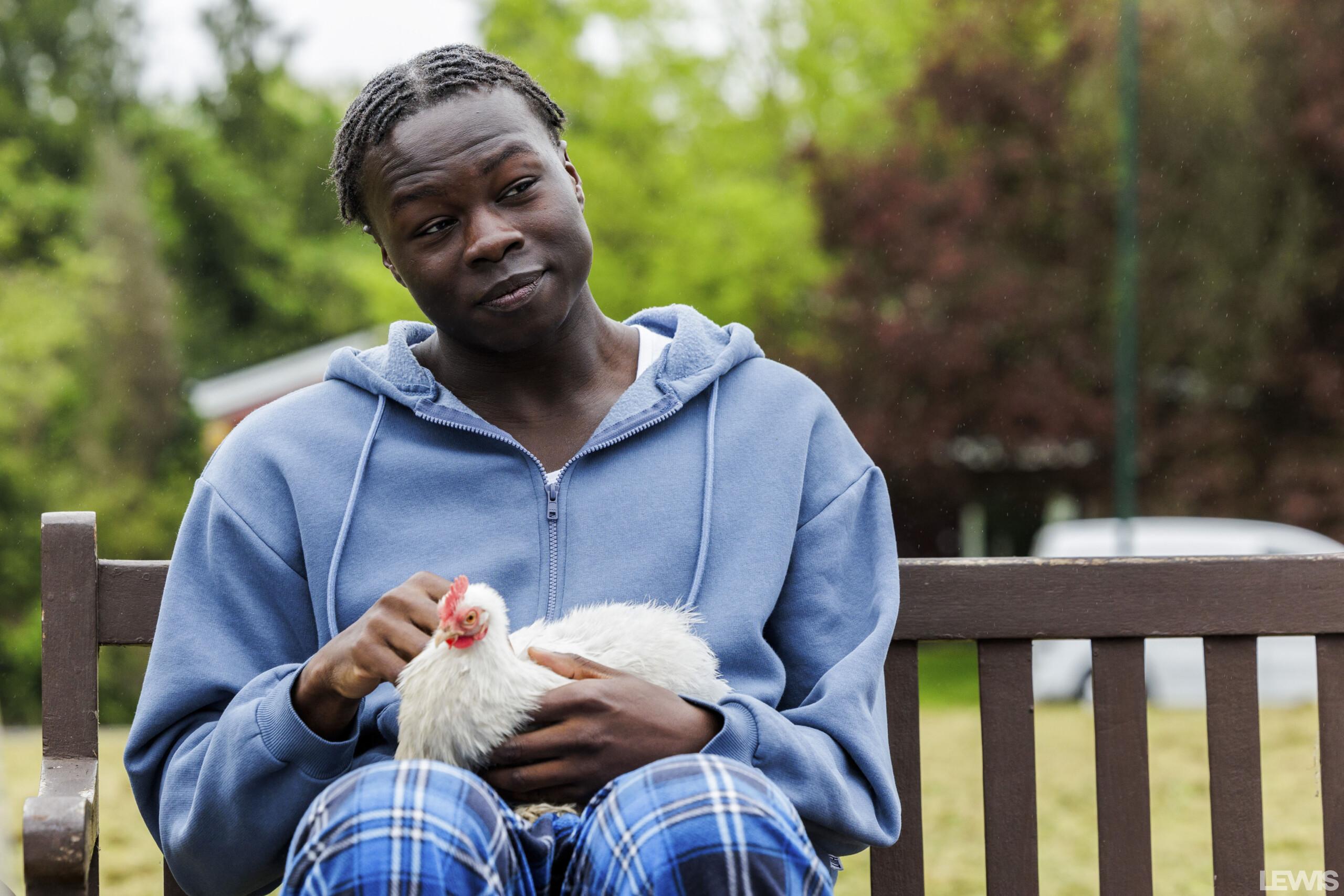
SD – The series feels both deeply local and universally relatable. How important is it to you, as an actor, to work on stories that reflect underrepresented communities with honesty and humour?
SB – Yes, usually I love that it’s kind of local and universal at the same time. And you’re right, it addresses, themes that are immensely universal to so many people. It means a lot to me to be involved and telling stories for underrepresented communities and that again is such a such a massive privilege and pleasure for me and I hope that more work like that comes along, because that’s the kind of work that I really care about telling stories, and often the stories that struggle to be heard are the ones that I’m interested in telling.
SD – You’ve got range—from grounded realism to stylised genre work. What’s a dream role or story world you haven’t tackled yet but are hungry to explore next?
SB – Wow what a question! This is such a team effort and achieving anything requires great support around you. My hope is to continue working with talented writers and supportive teams to create something special. If I can keep doing that, I’ll be incredibly happy.
Fantastic. Now this is a personal question of mine that I like to ask talents when I interview them. From all the roles you’ve played so far, if you were to go down to the pub for a pint with one of your characters, who would you choose?
SB – That is a great question. I think. It depends on the kind of night I wanted to have, I think. You know someone like Nick Shymansky, who I played in Back to Black, would be someone fascinating to pick his brains. You know about the work he does with the incredible people. He’s doing it with. If I wanted to have a copious amount of alcohol and go on a bit of a session, I’d probably either take out but to feel good or Terry Monke from The Power.
SD – OK. Thank you so much, Sam, it’s. It was a pleasure talking to you.
SB – Thank you so much for having me. It’s been a pleasure.
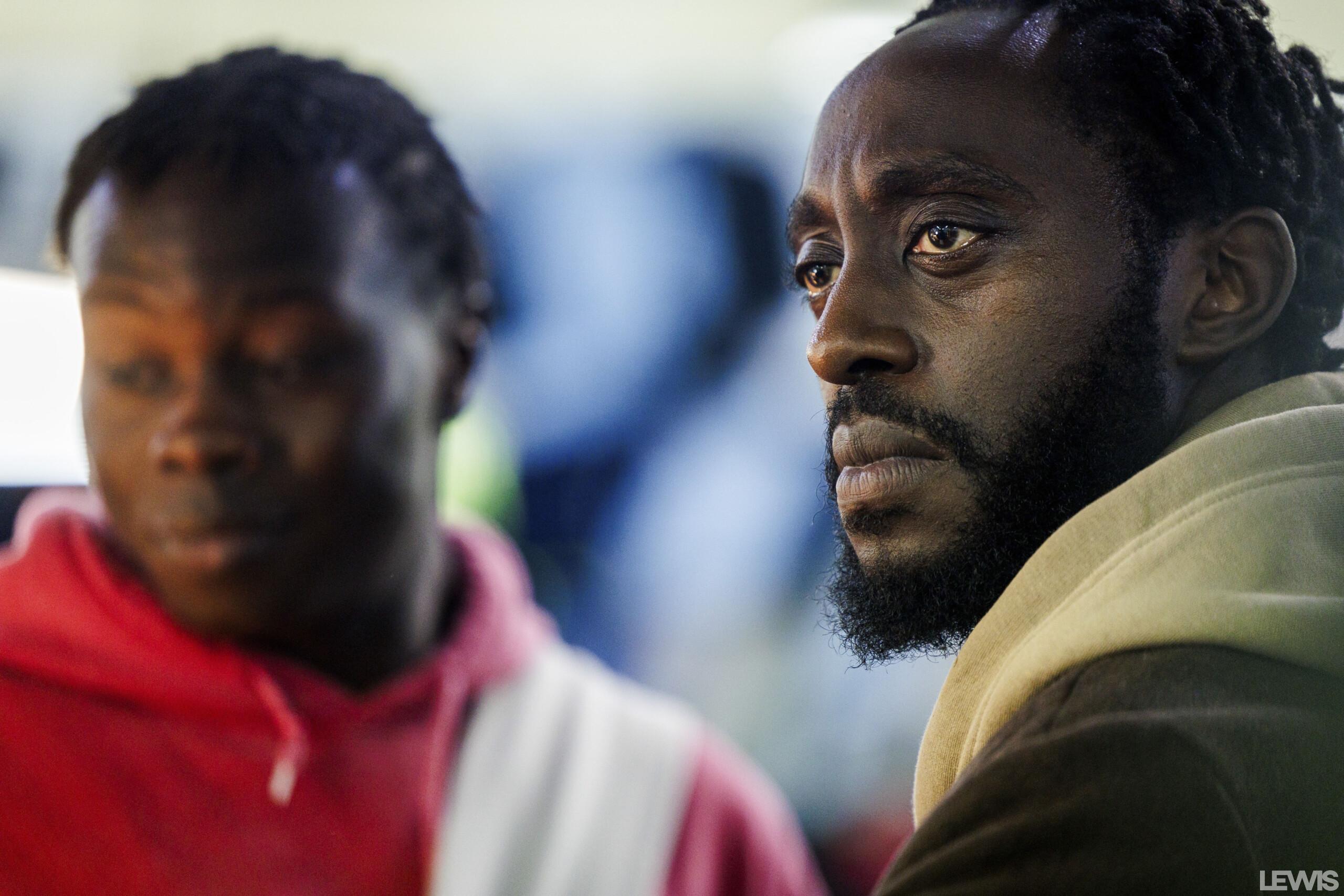
Just Act Normal is available on BBC iPlayer and BBC Three now




